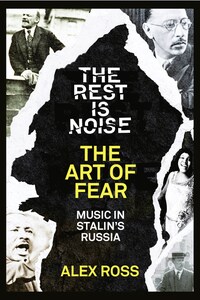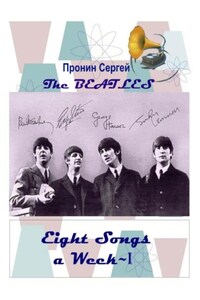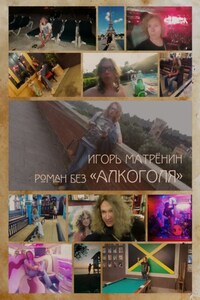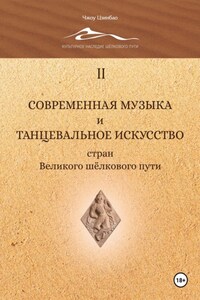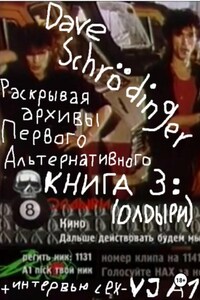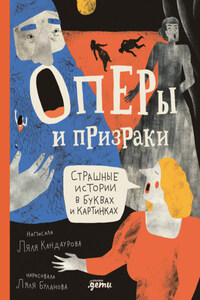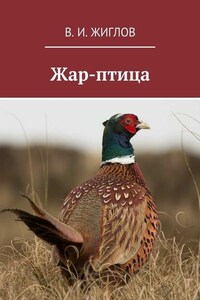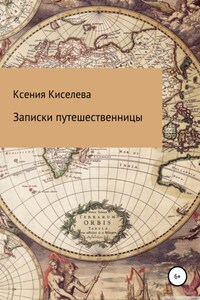THE ART OF FEAR
Music in Stalin’s Russia
On January 26, 1936, Joseph Stalin, the general secretary of the All-Union Communist Party (Bolshevik), went to the Bolshoi Theatre in Moscow for a performance of Dmitri Shostakovich’s opera Lady Macbeth of the Mtsensk District. The Soviet dictator often attended opera and ballet at the Bolshoi, where he made a show of being inconspicuous; he preferred to take a seat in the back row of Box A, just before the curtain rose, and positioned himself behind a small curtain, which concealed him from the audience without obstructing his view of the stage. Phalanxes of security and a general heightening of tension would signal to experienced observers that Stalin was in the hall. On this night, Shostakovich, the twenty-nine-year-old star of Soviet composition, had been officially instructed to attend. He sat facing Box A. Visible in front were Vyacheslav Molotov, Anastas Mikoyan, and Andrei Zhdanov, all of them members or candidate members of the Politburo. According to one account, they were laughing, talking among themselves, and otherwise enjoying their proximity to the man behind the curtain.
Stalin had lately taken an interest in Soviet opera. On January 17 he had seen Ivan Dzerzhinsky’s The Quiet Don, and liked it enough to summon the composer to his box for an interview, commenting that Soviet opera should “make use of all the latest devices of musical techniques, but its idiom should be close to the masses, clear and accessible.” Lady Macbeth, the tale of a vaguely Lulu-like Russian house-wife who leaves a string of bodies in her wake, did not meet these somewhat ambiguous specifications. Stalin left the hall either before or during the final act, taking with him Comrades Molotov, Mikoyan, and Zhdanov. Shostakovich confided to his friend Ivan Sollertinsky that he, too, had been hoping to receive an invitation to Box A. Despite vigorous applause from the audience, the composer left feeling “sick at heart,” and he remained so as he boarded a train for the northern city of Arkhangel’sk, where he was scheduled to perform.
Two days later, one of the great nightmares of twentieth-century cultural history began riding down on the nervous young composer. Pravda, the official Communist Party newspaper, printed an editorial with the headline “Muddle Instead of Music,” in which Lady Macbeth was condemned as an artistically obscure and morally obscene work. “From the first moment of the opera,” the anonymous author wrote, “the listener is flabbergasted by the deliberately dissonant, muddled stream of sounds.” Shostakovich was said to be playing a game that “may end very badly.” The last phrase was chilling. Stalin’s Terror was imminent, and Soviet citizens were about to discover, if they did not know already, what a bad end might mean. Some would be pilloried and executed as enemies of the people, some would be arrested and killed in secret, some would be sent to the gulags, some would simply disappear. Shostakovich never shook off the pall of fear that those six hundred words in Pravda cast on him.
A few weeks before “Muddle Instead of Music” was published, a familiar face appeared again in Moscow. Sergei Prokofiev, who had been living outside Russia since 1918, arrived with his wife, Lina, to celebrate New Year’s Eve. According to Harlow Robinson’s biography, Prokofiev attended a party at the Moscow Art Theatre and remained there until five in the morning. Since 1927, the former enfant terrible of Russian music had returned many times to his native land; now he decided to live in Moscow full-time. He was well aware that Soviet artists were subject to censorship, but he chose to think that such restrictions would not apply to him. He was, at this time, forty-four years old, at the height of his powers and in good health. He, too, would endure a long string of humiliations, and was not granted the satisfaction of outliving Stalin. In a twist that would seem too heavy-handed in a novel, Prokofiev died on March 5, 1953, about fifty minutes before Stalin breathed his last.
